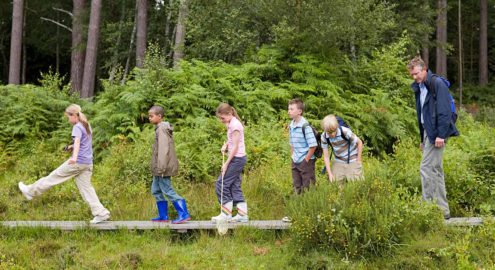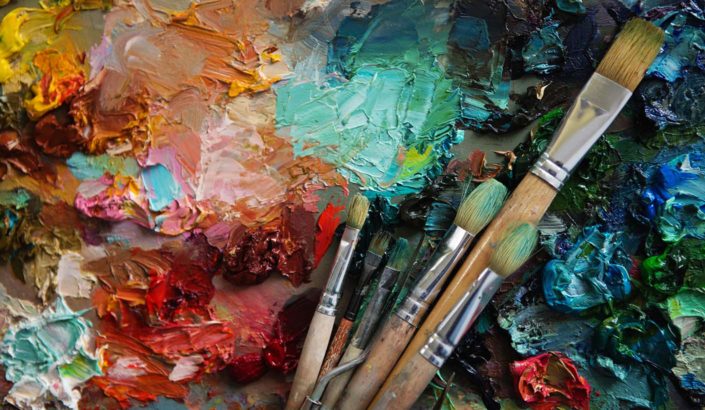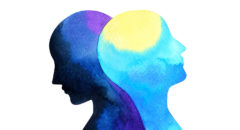What Is It?
Art can be a powerful medium for shaping society—for ill or for good. Propaganda art from the Nazis promoted a divisive and narrow worldview that dehumanized whole groups of people. In contrast, the Impressionists emphasized light, inspiring people to see the world in new and beautiful ways.
Prosocial arts education—covering everything from art appreciation to training in visual arts and/or performance arts—focuses on using the arts to cultivate students’ social and emotional well-being, along with their civic-mindedness.
Many advocates argue that the arts have intrinsic value, culturally and personally, that may be difficult to capture in traditional social science research. However, even with a decrease in funding for arts education over the past few decades in the United States, research on the impact of arts education is increasing—albeit slowly—and is showing positive outcomes that bode well for building a kinder world, including increases in students’ academic achievement, civic engagement, prosocial behavior, and compassion for others.
An art teacher takes students on a field trip to a local museum. At each featured painting, he initiates student-driven discussions about topics such as what life may have been like for the subjects, what emotions and values the artist may have been trying to convey, and how various elements of the painting make the students themselves think and feel.
A language arts teacher wants to engage her students more and boost their reading, writing, and comprehension skills. So, instead of giving them reading quizzes, she puts them in groups to act out key scenes from the book they are reading. After emotionally-charged scenes, she gives them all a chance to draw a visual representation of how they are feeling.
Why Is It Important?
Though the research is limited, emerging evidence indicates that arts education has the potential to benefit students’ social, emotional, academic, and civic development.
Arts education can improve social-emotional outcomes.
- As part of a large initiative, students in elementary and middle schools randomly chosen to receive more funding for arts experiences (including both viewing and producing art) showed reduced rates of disciplinary infractions and increased compassion for others.
- At-risk students who participated in an art-making program at school demonstrated reduced emotional and social problems and increased prosocial behavior.
- An experiment with schools randomly chosen to take a guided field trip to an art museum showed increased tolerance, historical empathy, and critical thinking in participating students (particularly students from less-advantaged backgrounds), as well as greater interest/engagement in art.
- Research has found that the use of art therapy-based art activities at school can lead to improved mood, self-esteem, and positive self-concept.
Arts education may increase academic achievement and civic involvement, especially for students of lower socioeconomic status (SES).
- In one study, a comprehensive arts program improved fourth graders’ standardized test scores in math, science, and citizenship; this effect was even stronger in lower-income schools.
- Large-scale data shows that low-SES students who are more involved in the arts tend to do better at school, are more likely to graduate from high school, and are more likely to aspire to, attend, and graduate from college.
- Regardless of SES, students who were more involved in the arts in high school are also more likely to vote and volunteer in their communities.
- Drama, in particular, has shown a strong relation across many studies to increased verbal skills, such as oral language, reading, and writing. The effects were equal or greater for lower-SES students. Notably, these studies looked at drama as integrated into the academic curriculum (i.e., enactment of stories in the classroom) rather than as a separate class.
Practice Collections
Practices

People Who Made a Difference

Gratitude Nature Walk
- 1
- 2

Are you ready to build a kinder, happier school where everyone belongs? Join Greater Good Educators! Explore the science of well-being in a supportive community of educators from around the world. Registration is now open for the 2025-2026 school year!



